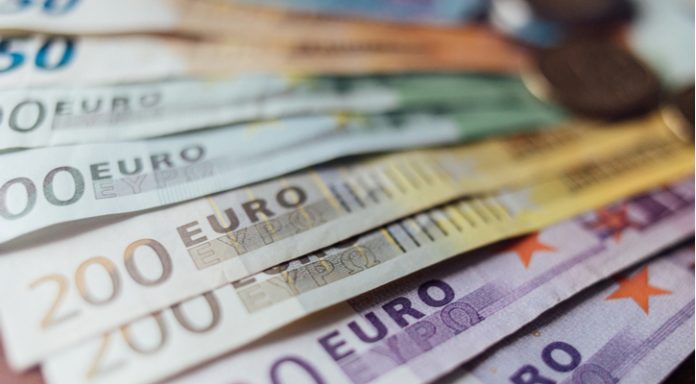Brexit optimism gave the pound a boost against the euro on Tuesday. The pound climbed to a high of €1.1350, its highest level in a week and a half.
| What do these figures mean? |
|---|
|
When measuring the value of a pair of currencies, one set equals 1 unit and the other shows the current equivalent. As the market moves, the amount will vary from minute to minute. For example, it could be written: 1 GBP = 1.13990 EUR Here, £1 is equivalent to approximately €1.14. This specifically measures the pound’s worth against the euro. If the euro amount increases in this pairing, it’s positive for the pound. Or, if you were looking at it the other way around: 1 EUR = 0.87271 GBP In this example, €1 is equivalent to approximately £0.87. This measures the euro’s worth versus the British pound. If the sterling number gets larger, it’s good news for the euro. |
A report suggesting that the European Parliament was considering offering the UK privileged access to the single market, boosted the pound. This would mean that the UK would remain closely aligned with the EU at least economically, which would be less traumatic for UK business. This implies a soft Brexit.
Adding to Brexit optimism was a speech from UK Brexit Secretary and previously considered Brexit hardliner David Davis. Davis, in his speech appeared to be pursuing a more amicable divorce from the EU and a closer alignment post Brexit. There is still a considerable amount of confusion as far as the UK’s position is concerned over Brexit. The UK Brexit cabinet will now meet on Thursday to attempt to define its position once and for all.
| Why is a “soft” Brexit better for sterling than a “hard” Brexit? |
|---|
| A soft Brexit implies anything less than UK’s complete withdrawal from the EU. For example, it could mean the UK retains some form of membership to the European Union single market in exchange for some free movement of people, i.e. immigration. This is considered more positive than a “hard” Brexit, which is a full severance from the EU. The reason “soft” is considered more pound-friendly is because the economic impact would be lower. If there is less negative impact on the economy, foreign investors will continue to invest in the UK. As investment requires local currency, this increased demand for the pound then boosts its value. |
Today investors will look towards UK wage data to offer some direction for the pound. Analysts are expecting earnings growth to remain constant at 2.5% for the three months to December. Given inflation is still elevated at 3%, market participants will be looking for any signs that the squeeze on the consumer is easing. A higher than forecast earnings growth reading would indicate this. An easing of pressure on household budgets would encourage consumers to spend again which is beneficial for the economy.
A Dip in Consumer Confidence Puls Euro Lower
The euro was out of favour in the previous session after consumer sentiment for the eurozone printed weaker than analysts were expecting. City analysts had forecast that consumer sentiment would be at 1 in February, slightly below January’s reading of 1.4. However, the actual figure was just 0.1. This is the first time that consumer confidence has slipped in the bloc since July. When confidence falls, concerns pick up that consumers will start reining in their spending, which is why the euro fell. However so far there are no signs of this and household spending remains bright, so this shouldn’t weigh on sentiment for the euro for long.
Today eurozone economic data will stay in focus with a barrage of data due to be released. The most noteworthy will be the purchasing managers index, which will give investors an insight to the health of the eurozone economy.
|
This article was initially published on TransferWise.com from the same author. The content at Currency Live is the sole opinion of the authors and in no way reflects the views of TransferWise Inc. |





